Sober Celebrities: 10 Famous Faces in Recovery
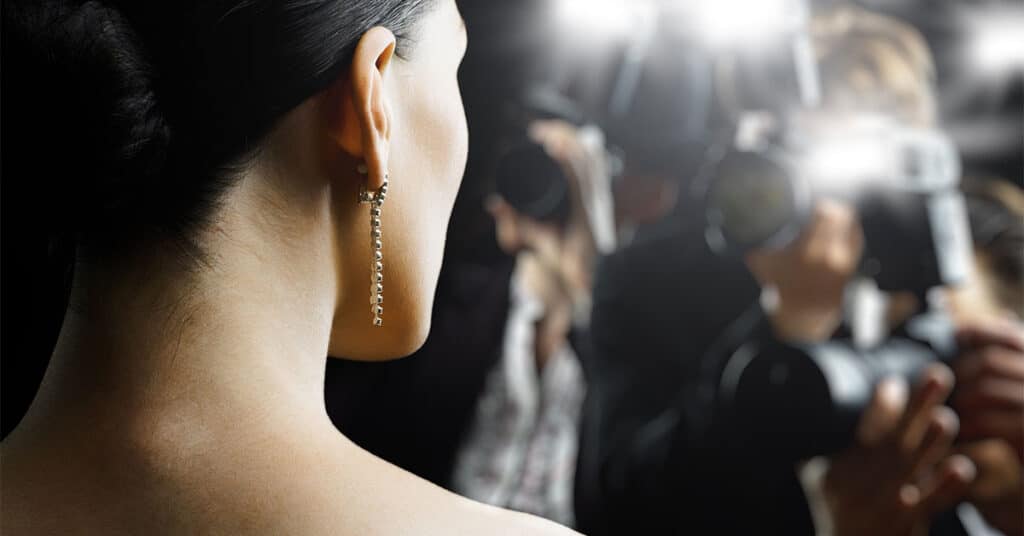
The entertainment world is home to many sober celebrities. Anyone who has been impacted by addiction knows that the disease does not discriminate and that even those who are blessed with fame and fortune are not immune. And, just like millions of Americans, many talented performers and athletes are living healthy, productive lives in recovery.
In honor of National Recovery Month, explore a few of the famous faces who have shared their voices of hope to inspire others on the road to recovery:
Brad Pitt
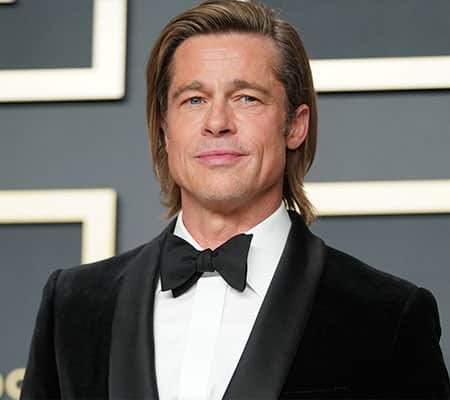
Brad Pitt recently revealed that his recovery practice includes regular 12 Step meetings in an interview with the New York Times:
“I had taken things as far as I could take it, so I removed my drinking privileges. It was actually really freeing just to expose the ugly sides of yourself. There’s great value in that.”
Michael Phelps
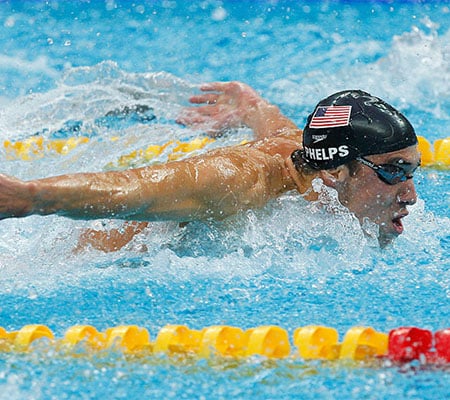
Swimmer Michael Phelps, who has won more Olympic Gold Medals than other athlete in history, entered addiction treatment after his second DUI arrest in 2014. After treatment, he dove back into the pool and won five gold medals at the 2016 Summer Olympics in Rio. He told NBC News:
“Honestly, at one point I felt like I didn’t want to see another day. I sent myself down a downward spiral. I think it was more of, of a sign than anything else. That I had to get something under control, whatever it was. I checked myself in [to treatment] because I think I was at a point in my life where something needed to change.”
Jaime Lee Curtis
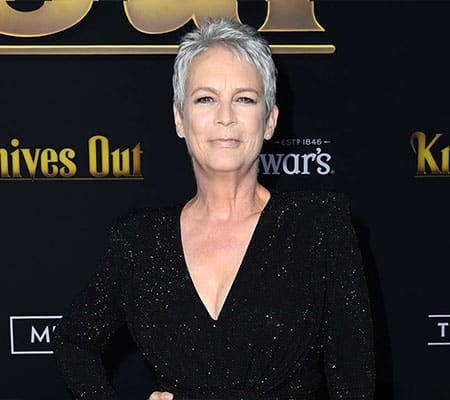
Legendary “Scream Queen” Jaime Lee Curtis, proud owner of two decades of sobriety, is an outspoken advocate for recovery.
“My recovery from drug addiction is the single greatest accomplishment of my life because it broke the cycle of addiction in my family. Getting sober was the single bravest thing I’ve ever done and will ever do in my life. Not [running] a 5K—facing an addiction. Being courageous enough to acknowledge it privately with my family and friends. Working really hard at solidifying it, getting support around it and being healthy. And then talking about it publicly. That is the single greatest accomplishment of my life.”
Samuel L. Jackson

Samuel L. Jackson has been sober for close to 25 years. He shared how his treatment experience and recovery have influenced his career:
“I understood, through rehab, things about creating characters. I understood that creating whole people means knowing where we come from, how we can make a mistake and how we overcome things to make ourselves stronger.”
Bradley Cooper
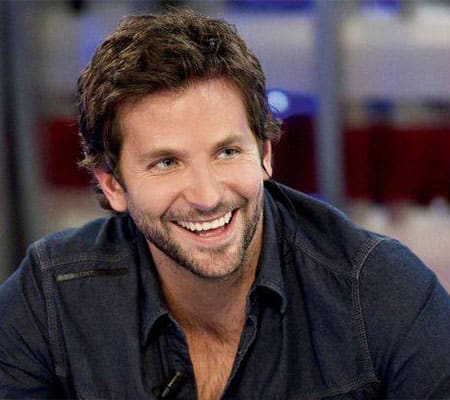
Oscar-winning actor and director Bradley Cooper sought treatment for an addiction to alcohol and opioids at age 29. He shared with ABC News how recovery changed his life:
“I would never be sitting here, no way, no chance [if I hadn’t gotten sober]. I wouldn’t have been able to have access to myself or other people, or even been able to take in other people, if I hadn’t changed my life. I never would have been able to have the relationships that I do.”
Rob Lowe

Actor Rob Lowe has been in recovery for 25 years. He has been open about his addiction to alcohol and his recovery journey and is actively engaged in the sober community. During his acceptance speech for the Spirit of Sobriety Award in 2015, Lowe said:
“Being in recovery has given me everything of value that I have in my life. Integrity, honesty, fearlessness, faith, a relationship with God, and most of all gratitude. It’s given me a beautiful family and an amazing career. I’m under no illusions where I would be without the gift of alcoholism and the chance to recover from it.”
Eminem

Marshall Mathers, better known as Eminem, began his recovery journey in 2007 after an overdose. In 2010, he released an album inspired by his sobriety, Recovery.
“I feel stronger than ever, better than ever, nothing is going to stop me. That is the undertone of the record. It’s also; I think by me putting out a record like this, it can show people that no matter how down you are, it does get better.”
Keith Urban

Country music star Keith Urban entered treatment for the third time in 2006 and has been sober ever since.
“I was one of those guys who was always thinking about the past, or about the future but never the here. I was never really here. But now I love being in the present because I have so much to be grateful for in the present.”
Matthew Perry
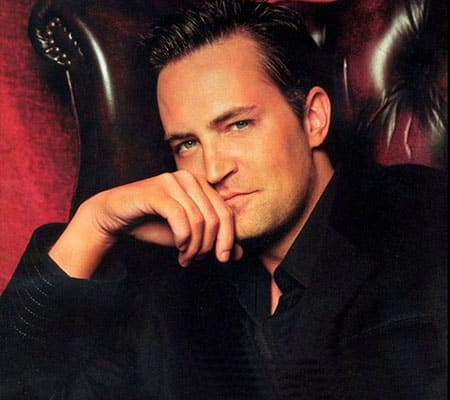
Friends star Matthew Perry battled an addiction to alcohol and opiates before becoming sober in 2001. In his sobriety, he has advocated for recovery support services, donated his Malibu home to a sober living organization and testified about expanding Drug Courts and treatment services for veterans before the U.S. Congress.
“I had a big problem with alcohol and pills and I couldn’t stop. Eventually things got so bad that I couldn’t hide it, and then everybody knew… The interesting reason that I can be so helpful to people now is that I screwed up so often. It’s nice for people to see that somebody who once struggled in their life is not struggling anymore.”
Robert Downey Jr.

Ironman Robert Downey Jr. was a rising star in the 1980s, but by the 1990s, many thought Downey’s career was finished due to his addiction to drugs and alcohol. Then he found recovery. Today he is 16 years sober and the third-highest paid actor in the world.
“For me, I just happened to be in a situation the very last time and I said, ‘You know what? I don’t think I can continue doing this.’ And I reached out for help and I ran with it, you know?”
EXPLORE THE VOICES OF HOPE PROJECT
Inspired by National Recovery Month, people are aiming to reduce stigma by sharing the power of sobriety through a collection of diverse, inspiring recovery stories. The project, Voices of Hope, chronicles the recovery journeys of Valley Hope alumni, while offering hope and healing to loved ones and families seeking help. Voices of Hope leverages the personal stories of those living in recovery to help educate communities about the disease of addiction, effective treatment and the power of recovery.
Only ten percent of people who need addiction treatment actually receive it and by shining a light on the potential of recovery, communities can eliminate stigma and help more individuals, families and communities find healing.
Visit the Voices of Hope project at valleyhope.org/recovery/recovery-stories to explore recovery stories, addiction information and treatment resources. Valley Hope’s blog provides extensive resources and information for loved ones, families and the recovery community.
Do you need information on other recovery subjects? If you have a related topic you would like covered, please submit your ideas to [email protected].
If you feel like you need help immediately, the Valley Hope team is available 24/7 at (800) 544-5101.
